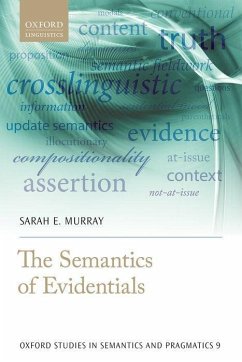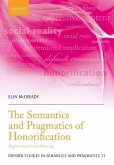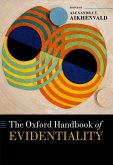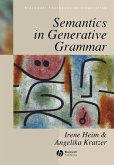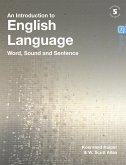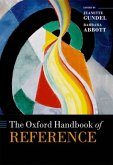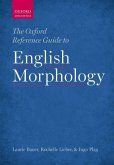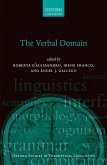This book provides a compositional, truth-conditional, crosslinguistic semantics for evidentiality, the linguistic encoding of the source of information on which a statement is based. Central to the proposed theory is the distinction between what propositional content is at-issue and what content is not-at-issue. Evidentials contribute not-at-issue content, and can affect the level of commitment a sentence makes to the main proposition, contributed by sentential mood. In this volume, Sarah Murray builds on recent work in the formal semantics of evidentials and related phenomena, and proposes a semantics that does not appeal to separate dimensions of illocutionary meaning. Instead, she argues that all sentences make three contributions: at-issue content, not-at-issue content, and an illocutionary relation. At-issue content is presented and made available for subsequent anaphora, but is not directly added to the common ground; not-at-issue content directly updates the common ground; and the illocutionary relation uses the at-issue content to impose structure on the common ground, which, depending on the clause type, can trigger further updates. 0The analysis is supported by extensive empirical data from Cheyenne, drawn from the author's own fieldwork, as well as from English and a variety of other languages.
